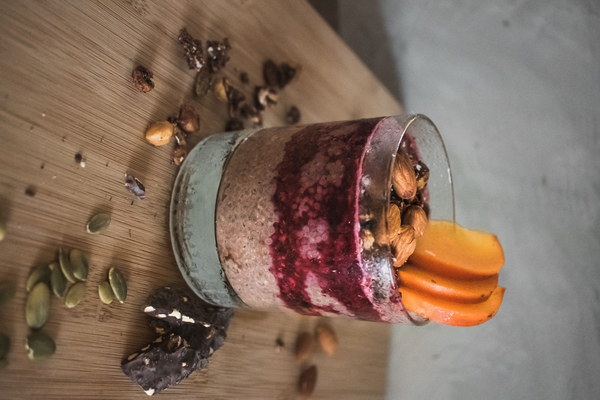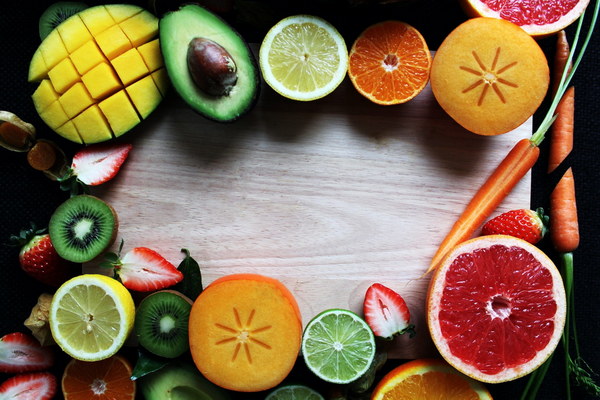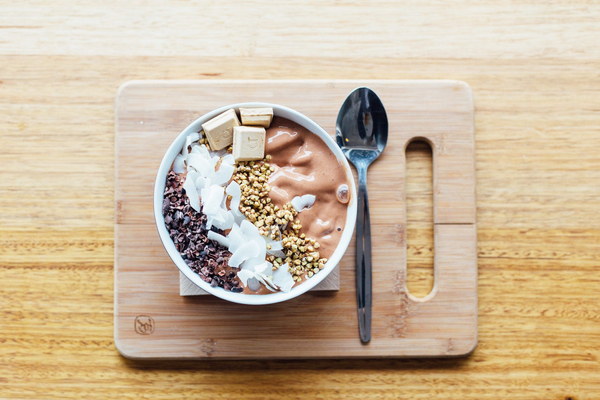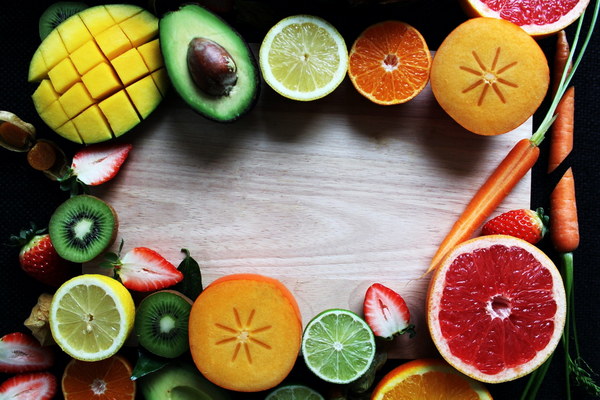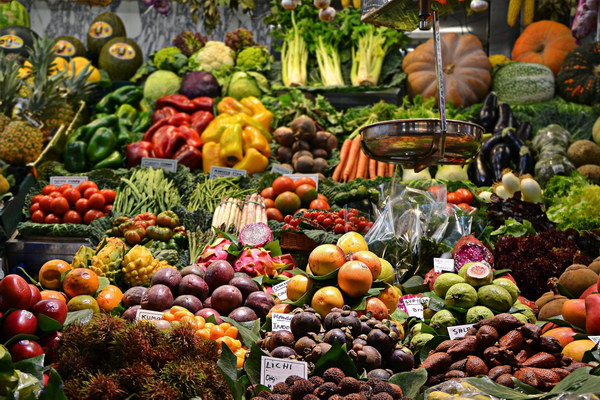The Ultimate Guide to Anti-Aging Skincare What to Apply to Revitalize Your Skin
Introduction:
As we age, our skin undergoes various changes, leading to the appearance of wrinkles, fine lines, and age spots. To combat these signs of aging, many individuals turn to anti-aging skincare products. But with so many options available, it can be overwhelming to determine what to apply. In this article, we will explore the best skincare ingredients to help you achieve youthful, radiant skin.
1. Retinoids:
Retinoids, derived from vitamin A, are one of the most effective anti-aging ingredients. They work by accelerating cell turnover, smoothing out fine lines, and reducing the appearance of wrinkles. Topical retinoids include retinol, tretinoin, and retinyl palmitate. It is important to start with a lower concentration and gradually increase as your skin adjusts to minimize irritation.
2. Hyaluronic Acid:
Hyaluronic acid is a powerful hydrating ingredient that helps to plump up the skin, reducing the appearance of fine lines and wrinkles. It can be found in various forms, such as serums, moisturizers, and creams. Look for products that contain a high concentration of hyaluronic acid to maximize its benefits.
3. Vitamin C:
Vitamin C is an antioxidant that helps to protect the skin from environmental damage, such as UV rays and pollution. It also promotes collagen synthesis, which is crucial for maintaining firm, elastic skin. Topical vitamin C can be found in the form of serums, moisturizers, and essences. To enhance its stability and effectiveness, look for products that contain vitamin C derivatives like ascorbyl palmitate or magnesium ascorbyl phosphate.
4. Peptides:
Peptides are short chains of amino acids that have the ability to stimulate collagen production and improve skin texture. They work by signaling the skin to produce more collagen, which helps to reduce the appearance of wrinkles and improve overall skin tone. Peptides can be found in anti-aging creams, serums, and masks.
5. Niacinamide:
Niacinamide, also known as vitamin B3, is a versatile ingredient that can help to minimize the appearance of pores, even out skin tone, and reduce inflammation. It is also known for its ability to boost the skin's natural barrier function, keeping it hydrated and protected. Niacinamide can be found in a variety of skincare products, including serums, moisturizers, and cleansers.
6. Green Tea:
Green tea is rich in antioxidants, which help to combat free radicals and reduce the signs of aging. It also has anti-inflammatory properties that can soothe the skin and prevent breakouts. Look for green tea extracts in serums, moisturizers, and masks to incorporate this beneficial ingredient into your skincare routine.

7. Retinol Alternatives:
If you are sensitive to retinoids or prefer a gentler alternative, consider incorporating retinol alternatives such as bakuchiol or ferulic acid. These ingredients offer similar benefits to retinoids without the irritation, making them suitable for those with sensitive skin.
Conclusion:
Anti-aging skincare is a comprehensive process that requires a combination of ingredients to achieve optimal results. By incorporating these powerful ingredients into your skincare routine, you can help to revitalize your skin, reduce the appearance of wrinkles, and maintain a youthful glow. Remember to consult with a dermatologist before starting any new skincare regimen to ensure that the products are suitable for your skin type and concerns.
